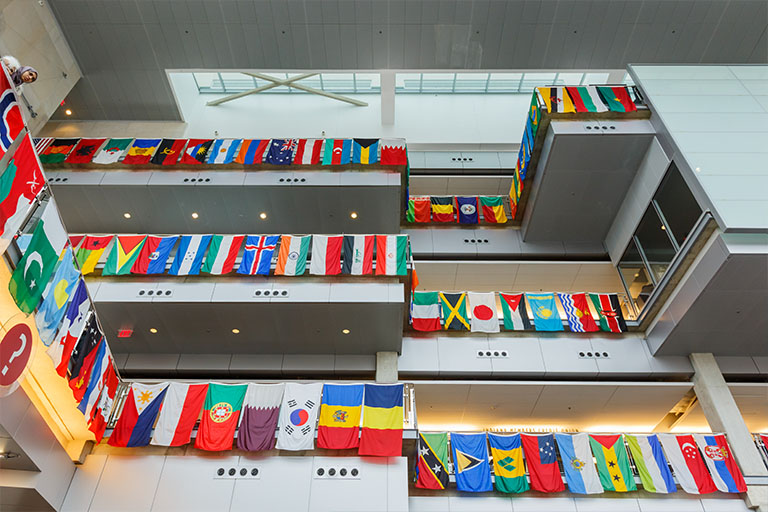The COVID-19 pandemic and the need for physical distancing continue to be one of the most important topic. However, staying inside and keeping yourself distant from others can lead to feelings of isolation and loneliness. And during this time, it is more important than ever to maintain a healthy social life. Directors of IU’s culture centers administered by the Office of the Vice President for Diversity, Equity, and Multicultural Affairs and IU campus chief diversity officers (CDOs) are trying to build and maintain connection and community through a variety of ways even as a new semester begins to unfold.
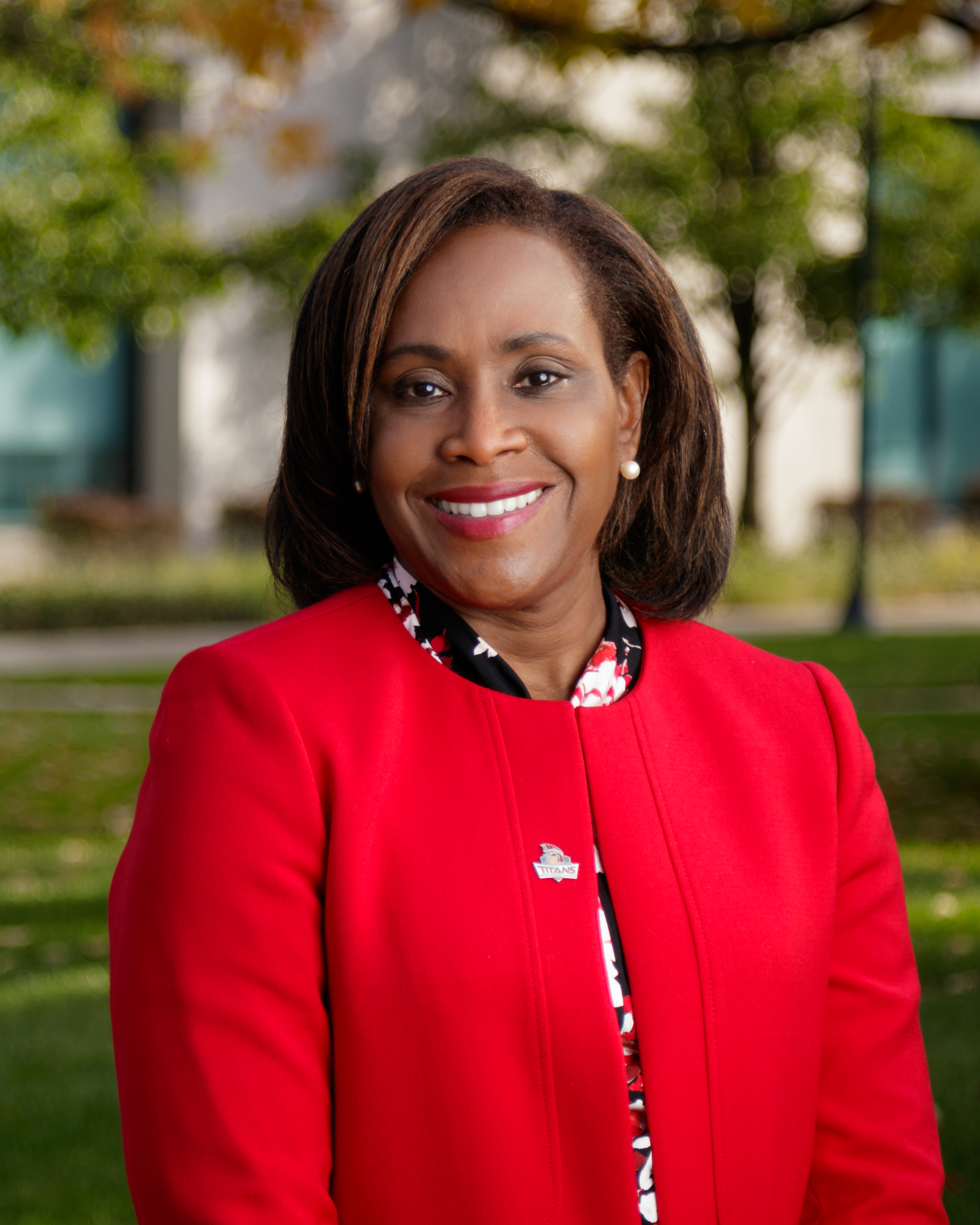 "Community is a group of people that share a common interest," Monica Porter, vice chancellor for student affairs and Dean of Students defined. "Whether that's in life or work or study or career and they do this in a familiar environment, whether that's a work environment, a family, a neighborhood. And all of those pieces make up what a community is. It's the people and the places coming together on certain interests. It's a place where people can align their pathways."
"Community is a group of people that share a common interest," Monica Porter, vice chancellor for student affairs and Dean of Students defined. "Whether that's in life or work or study or career and they do this in a familiar environment, whether that's a work environment, a family, a neighborhood. And all of those pieces make up what a community is. It's the people and the places coming together on certain interests. It's a place where people can align their pathways."
Lillian Casillas, director of La Casa/Latino Cultural Center, noted that community is always important, especially when it comes to different populations with which she and the other culture center directors work.
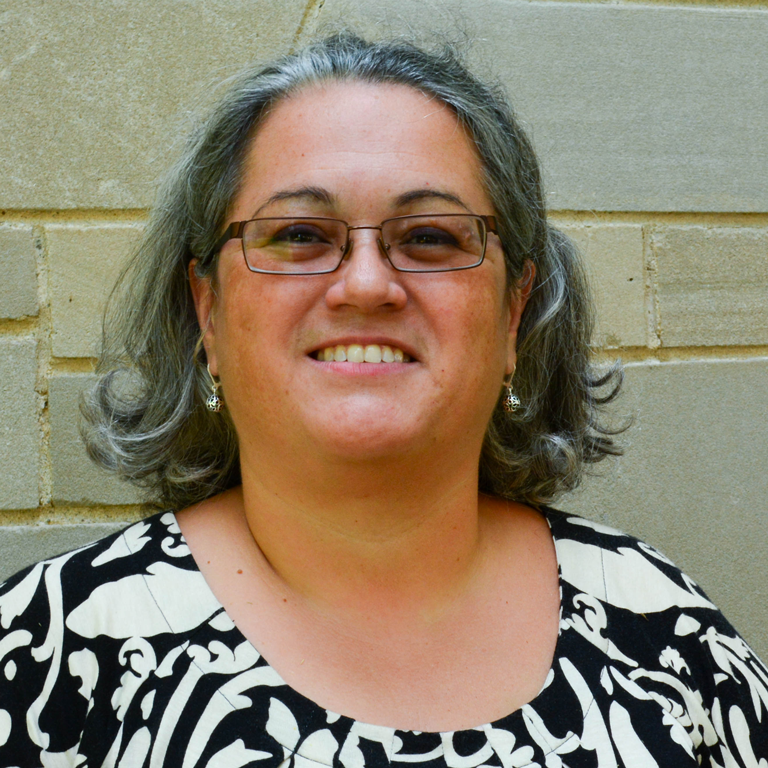 "They are often the underrepresented ones, they're smaller in terms of numbers, and the whole point of the culture centers was to create these spaces where folks could connect with others who share similarities," Casillas said. "Then you compound that with this virus that now sets additional limitations and challenges, which makes it even more important."
"They are often the underrepresented ones, they're smaller in terms of numbers, and the whole point of the culture centers was to create these spaces where folks could connect with others who share similarities," Casillas said. "Then you compound that with this virus that now sets additional limitations and challenges, which makes it even more important."
There are the obvious challenges, of course, such as the directors being unable to meet with students in person and the students unable to attend in large groups. However, there are other challenges that Casillas mentions, such as students dealing with parents losing jobs and having close friends or family members getting sick.
"It's not just the issue of creating a community while you are in Bloomington, but wherever you are. And we've had students with issues before, but this takes it to the extreme. So, I think staying in touch and just being aware of what people are going through and that you are there and that they don't have to go through it alone is critical."
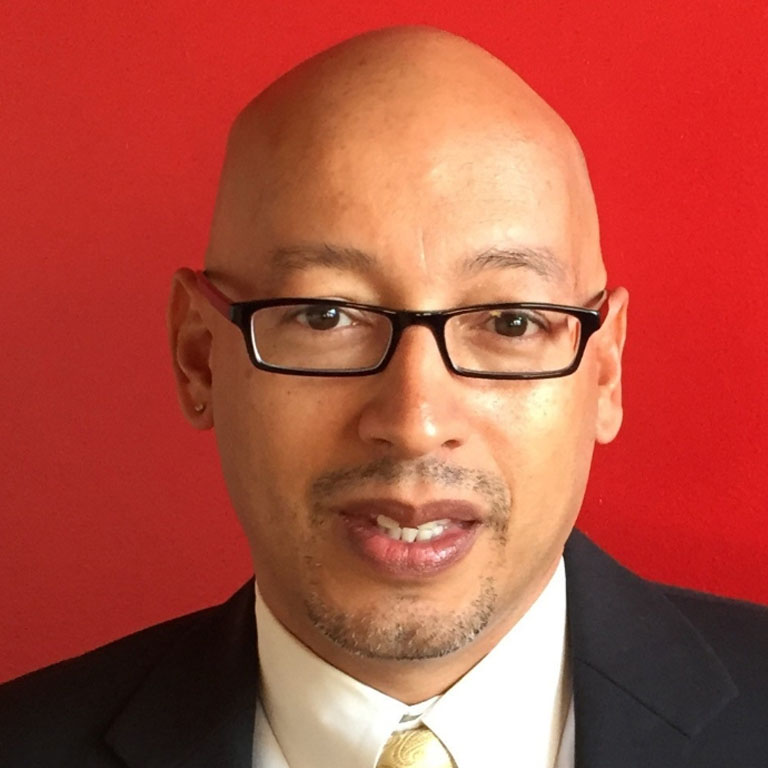 Interim director of the LGBTQ+ Culture Center, Bruce Smail, agrees with Casillas about the importance of community during this time. Over the summer, after what Smail called the "abrupt separation from campus," he and other members of the LGBTQ+ community involved with the center worked to maintain some sense of connection with one another through the use of GroupMe. Additionally, Meditation Mondays over Zoom offers a sense of community during a time when many feel isolated and alone.
Interim director of the LGBTQ+ Culture Center, Bruce Smail, agrees with Casillas about the importance of community during this time. Over the summer, after what Smail called the "abrupt separation from campus," he and other members of the LGBTQ+ community involved with the center worked to maintain some sense of connection with one another through the use of GroupMe. Additionally, Meditation Mondays over Zoom offers a sense of community during a time when many feel isolated and alone.
"A lot of times, people look forward to being on campus," Smail said. "And now, a lot of people can't do that. So now we're thinking, how do we create options for folks? How do we make some of these programs and events more accessible?" One example is INTERSECTIONS, a live discussion Zoom series which will focus on the intersection of LGBTQ+ and Black identity.
This sentiment is felt across all of IU's campuses. AJ Young, former director* of the LGBTQ+ Center at IU Indianapolis, remarked on the different tactics the center was using to keep members of the LGBTQ+ community connected and informed while maintaining a physical distance.
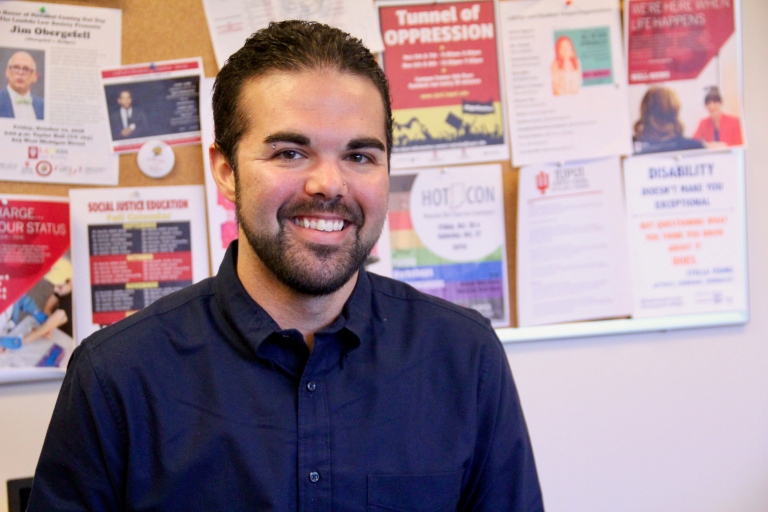 "Well, we continued our newsletter," Young said. "It's a little less fancy since it was me working on it, but I received positive feedback. Additionally, we've beefed up our online resources and worked to build a positive space for mental health."
"Well, we continued our newsletter," Young said. "It's a little less fancy since it was me working on it, but I received positive feedback. Additionally, we've beefed up our online resources and worked to build a positive space for mental health."
Although Young continues to try and provide LGBTQ+ students with the necessary resources, he mentions that unlike students of color, LGBTQ+ students have a difficult time identifying one another, which has become more difficult now that students are discouraged from meeting in person. However, by reaching out to community partners such as Smail and the LGBTQ+ Faculty and Staff Council, Young, and the center have reached the students who need them the most.
"Knowing so many of our students have been dealing with this has opened up several ways in terms of support," Young said. "And we will continue to provide as much support as possible after the worst of this crisis has passed."
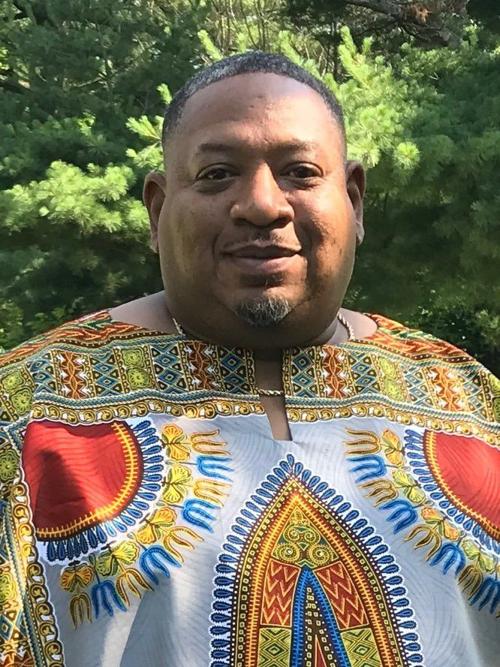 Even the chief diversity officers of IU campuses see the value in community bonds. James Wallace, CDO of IU Northwest and director of the Office of Diversity, Equity, and Multicultural Affairs remarked on how his office works with several programs such as Brother 2 Brother which focuses on minority male retention and support, a summer bridge program to help incoming freshman get acclimated to the campus and the Minority Opportunity for Research Experiences (MORE) program which provides stipends for students to conduct research under a faculty member.
Even the chief diversity officers of IU campuses see the value in community bonds. James Wallace, CDO of IU Northwest and director of the Office of Diversity, Equity, and Multicultural Affairs remarked on how his office works with several programs such as Brother 2 Brother which focuses on minority male retention and support, a summer bridge program to help incoming freshman get acclimated to the campus and the Minority Opportunity for Research Experiences (MORE) program which provides stipends for students to conduct research under a faculty member.
"My office has been reaching out to them, making sure they're registered for the fall semester," Wallace said. "Making sure they get vital information on CARES Act fund distribution or any decisions that are upcoming that might impact or affect them or any other resources that might be available to students to help them through this difficult time." The Brother 2 Bother group has also stayed in contact by meeting each Friday afternoon to check in with each other. "These weekly Zoom calls provide social and emotional support as members grapple with separation anxiety."
Additionally, Wallace's office was working on creating a space in Hawthorne Hall to use as a command center for student groups to meet, make plans, and develop activities for the campus.
"In the fall, I was hoping that I would introduce that space to the campus and see a lot of activity there," Wallace said. "And that's just one of the ways my office was trying to plan for when we all come back together to have this vibrant and vital space where students can come together."
In the meantime, the office hosted two Unconscious Bias Awareness and Mitigation workshops for faculty and staff to underscore the need for campus colleagues to prepare for students who may return to campus with anxiety and uncertainty in the fall.
All across IU campuses, faculty and staff are using their unique skill set and knowledge to help create programs and environments for students. Porter has spent years working with students and is a psychologist by training in Industrial and Organizational (IO) psychology. According to her, psychologists in that field are trained to look at systems to improve people's performance, such as work performance, the performance within the work environment, and how a person looks at the surrounding environments and equipment employees are using to be even more effective and efficient.
"In the grand scheme of things, it applies to life," Porter said. "I have spent more time applying those principles to students and how do they maximize their college experience and then position themselves for their next steps and how do we help them navigate those things. What can we do to make it better for students as they're pursuing their educational dreams."
Porter is always looking for ways to help make things better for students. "Everything is always changing; there's always a way to improve something so that it is easier and better for students. I am trying to help people look at situations with a different lens so that our processes are better, and our experiences for our students enriched."
As fall 2020 quickly approaches, the Indiana University faculty and staff continue to work to create a safe, healthy, and enriching environment to meet students' physical, emotional, and social needs.
*As of July 17, 2020, AJ Young is no longer the director of the LGBTQ+ Center at IU Indianapolis. This interview was conducted on May 15, 2020.


